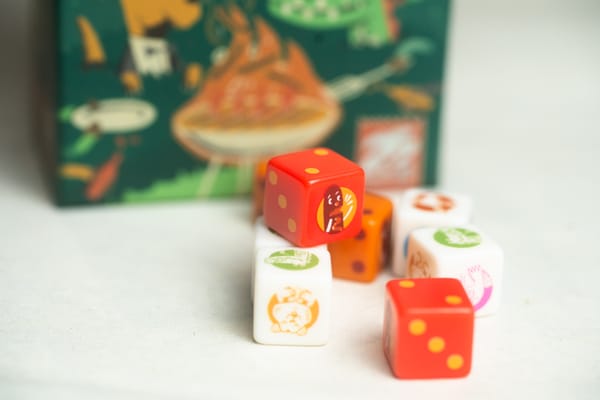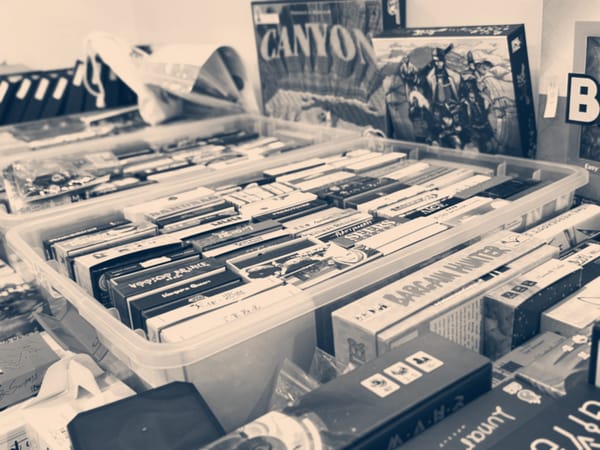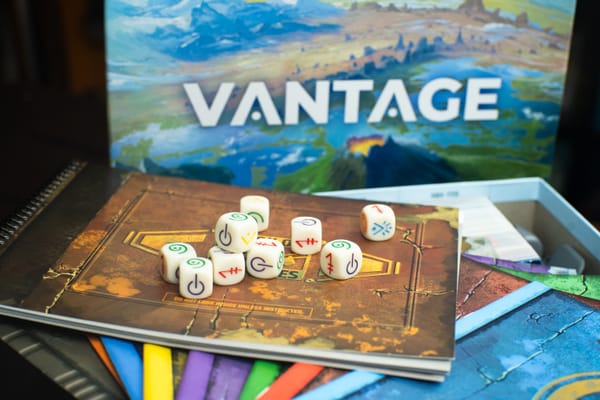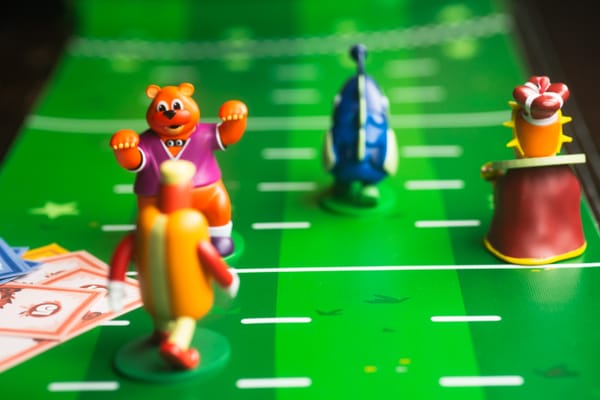Three hidden gem worker placement games
These three worker placement games have flown under the radar.
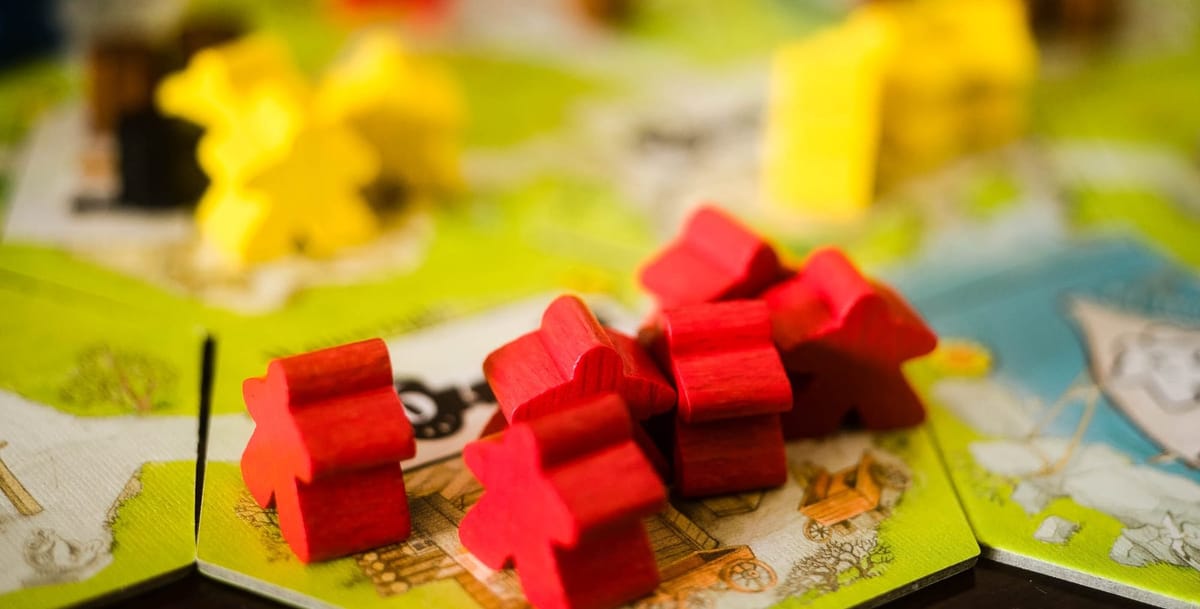
This week's newsletter is a guest post from Colin Stuart, who runs the great newsletter Hidden Gem Board Games, which focuses on lesser-known games of all sorts.
1923 Cotton Club
Sometimes you want a worker placement game that doesn’t a) take ages to setup and tear down b) go on for hours.
1923 Cotton Club (Carles, 2021) fills that space beautifully.
The game is set in Prohibition-era Harlem, with players each running their own jazz clubs. You’ll mostly be placing your workers at spots by the card market where you can acquire upgrades for your club. Cards slot under your board 7-Wonders-style so that the icons remain visible.
Many of the cards are real people like Al Capone, Louis Armstrong and Mae West. You often get a discount if your club matches their tastes (the right icons in your club such as bourbon, dancers or singers)
You’ll also be constantly juggling your position on three tracks, including criminality. Associating with gangsters can grease the wheels of business, but too many shady deals will see you punished come end-game scoring.
Players can also throw in Events Cards, such as a police raid, to put a spanner in the works.
The artwork is delightful. The box is impressively small. It’s a fun, thematic worker placement game that doesn’t outstay its welcome.
What’s not to love?
1923 Cotton Club is designed by Pau Carles, illustrated by Pedro Soto, and published by Looping Games.
Karvi
In Karvi (Tjong, 2023), players are in charge of rival Viking ships, trading and raiding their way to victory. Yes, I know, another Viking game. But for me this one stands out. Mostly because of where the bulk of the action takes place — the Village. It’s a rondel of sorts, around which you move dice workers.
Village action spaces often have a “beer” cost, with beer depicted on the dice instead of dots. Land on a space costing 2 beers? Pip your dice down by two.
You’re caught in a constant tug of war between doing what you really want to do and making sure you have enough beer to do it. It’s deliciously tight, equal parts frustrating and compelling. There are two other key areas of the game. First, your individual player board, where you amass a battle-ready crew and pay for ship upgrades. Second, the big map with a mini ship where you can explore, raid and set up trading posts.
It’s just such a great package. The artwork sings, the component quality is top-notch and the gameplay is crunchy. I really can’t understand why Karvi hasn’t been getting more widespread attention.
Karvi is designed by Torgeir Tjong, illustrated by Ingram Schell, and published by Hans im Glück.
Pessoa
I started Hidden Gem Board Games because I found myself getting bored of the same identikit games.
One my earliest posts was a battle-cry for games with personality. For those titles brave enough to try something a little different. Pessoa has that in spades.
The game takes its name from Fernando Pessoa (1888 - 1935), a Portuguese poet. He wrote under approximately 75 different aliases, but thought of them more as separate personalities rather than simple pseudonyms.
In Pessoa (Sá, 2022) the game, players play as four of the most well known ‘versions’ of the poet. You’ll move both inside his mind (“the Metaphysical Space”) and real-world Lisbon, seeking poetic inspiration and ultimately victory points.
It’s such a unique game, not least because all players are technically all vying for control of the same worker - Pessoa himself - but can also move and control their own workers too.
There’s no doubt it’s a brave concept, and it probably won’t be to everyone’s taste, but if you’re looking for something a bit different then you could do a lot worse than play Pessoa.
It’s a truly memorable game that doesn’t fall into the all-too-common trap of style over substance.
Pessoa is designed by Orlando Sá, illustrated by Marina Costa, and published by Pythagoras.
Matt here again! Thanks to Colin for his thoughtful writing about worker placement games. While I've played my fair share of worker placement games, few of them fit into the hidden gem criteria (7.0 rating or higher on BGG and fewer than 1,000 ratings). I think the closest (as far as the classic worker-placement idea is concerned) I've got that I've played multiple times is Fromage (O'Malley and Rosset, 2024) with just under 4,000 ratings.
Extra! Extra! (Bond, 2015) is one such example that I've played at least once, but I can't verify I played it more than once, and I think I played it at least 9 years ago. My memory just isn't good enough to tell you about the game in any depth, but I do remember enjoying the game and its newspaper theme. That last part's particularly relevant, as I played it with some journalist friends.


